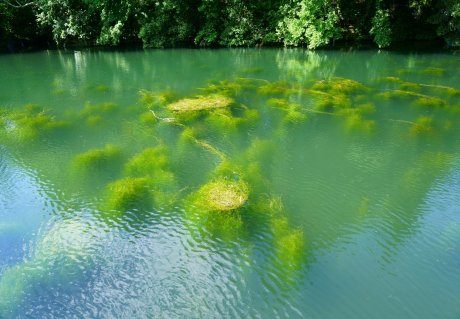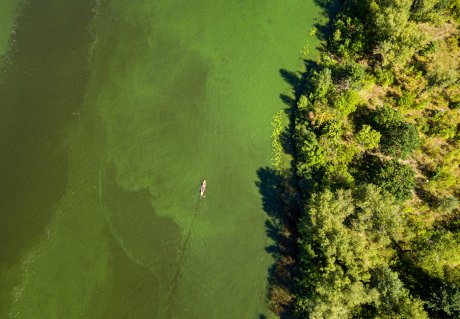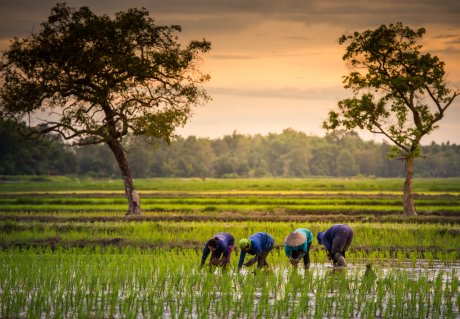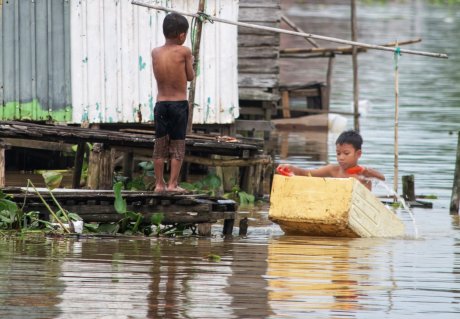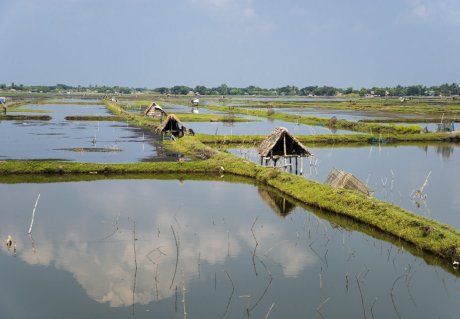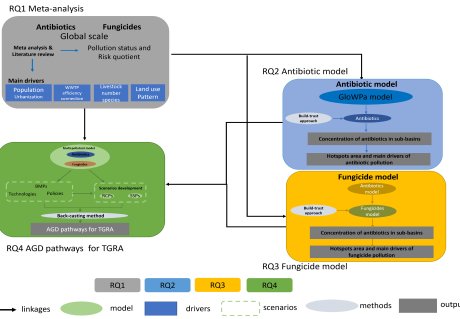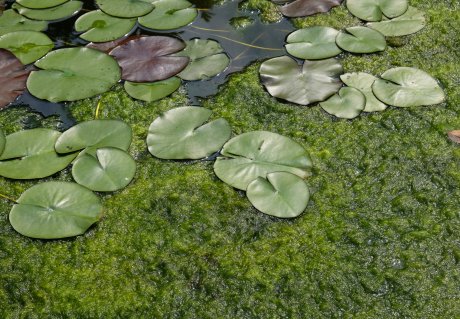
Water Quality
This subgroup serves as a homebase for everyone within the ESC Group working on water quality. Water of good quality is essential for life, yet many water bodies in the world are polluted.
Hence, our vision is: clean water for society and ecosystems, today and in the future.
Our ambitions are
- to contribute to the development of synergetic interventions to reduce water pollution and impacts on society and ecosystems across water bodies and scales under global change;
- to become an inspiring social subgroup where its members interact openly and have opportunities to develop their skills (e.g., leadership, communication);
- to educate BSc, MSc and PhD students in water quality knowledge and integrated approaches;
- engage in (inter)national initiatives on water quality to support policy development;
- advocate transition towards clean water futures globally.
Our research focuses on assessing water pollution hotspots, sources, impacts, and trends in time and space. We contribute to a better understanding of interactions between water quality, society and ecosystems. We identify synergetic interventions for water quality improvements across water bodies and scales. For this, we develop innovative modelling tools to assess water quality and impacts, and explore interventions.
We do this across four main research lines
- Multiple Pollutants
- Human Health
- Lakes
- Water-food interactions
Multiple pollutants
Water systems are increasingly becoming polluted by for example plastics, nutrients, and chemicals. These global water quality issues should be tackled to ensure clean water for society and nature. In this research line we develop the multi-pollutant models for water pollution issues under global change. Those models are used to identify multi-pollutant hotspots, their causes, but also to explore strategies for over 10,000 rivers in the world.
Human Health
In this research line we apply systems approaches to the field of water quality and health. We mostly develop and use water quality and health risk models to do scenario analyses to understand global change impacts on waterborne pathogens and diseases, but also to evaluate the effectiveness of management interventions. We do this at different scales and resolutions, often together with stakeholders. This way, we hope to contribute to solving environmental and health problems worldwide.
Lakes
Algal blooms turn lakes into toxic soups. Why are we unable to prevent them? In this research line we study the interaction between society and environment to find new solutions to prevent algal blooms. These solutions will help us to restore our lakes back to a healthy environment.
Water-food interactions
Food production is one of the most important sources of water pollution worldwide. In this research theme, we investigate how agricultural practices, especially nutrient management, impact water quality. We develop water quality models to study these effects, aiming to understand how food production contributes to water pollution and, conversely, how water pollution control practices affect agriculture. Our goal is to identify sustainable solutions that ensure both water and food security. This work is crucial for creating strategies that maintain clean water while guaranteeing sufficient food production.




